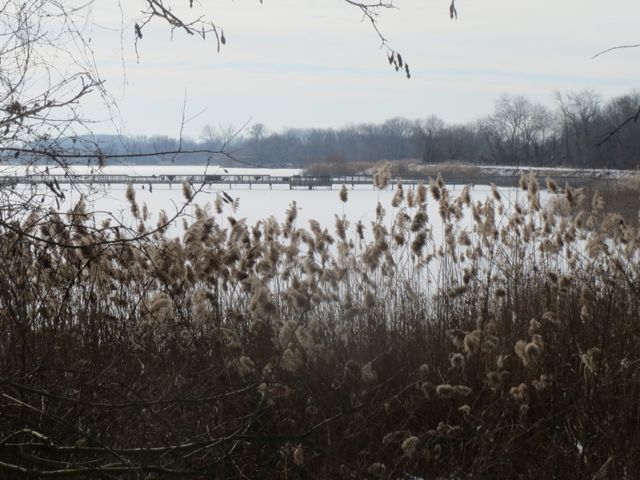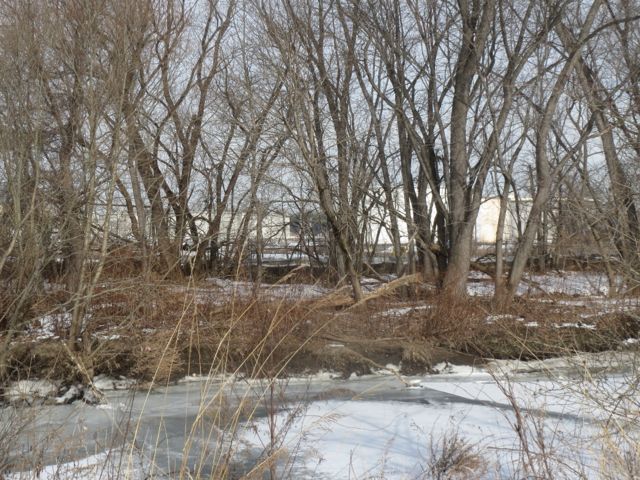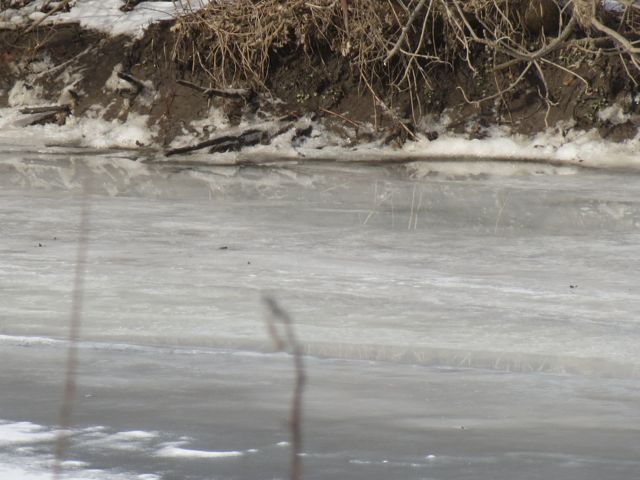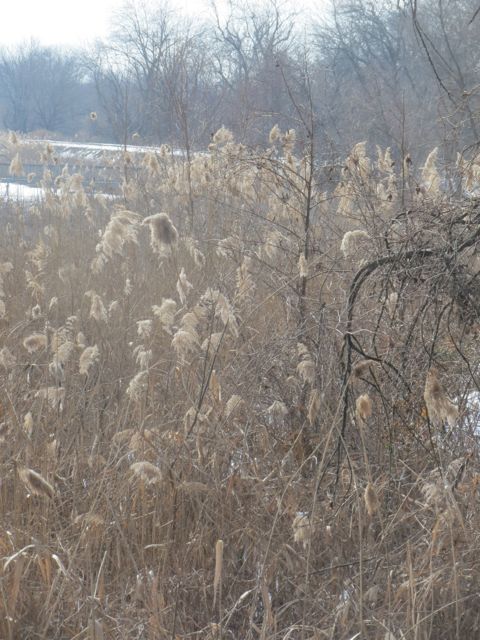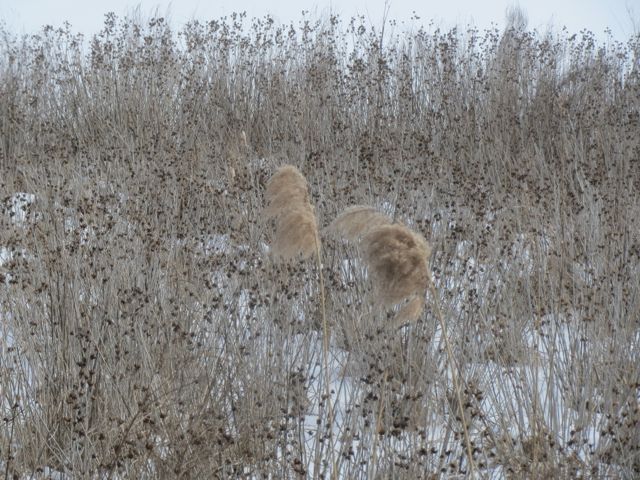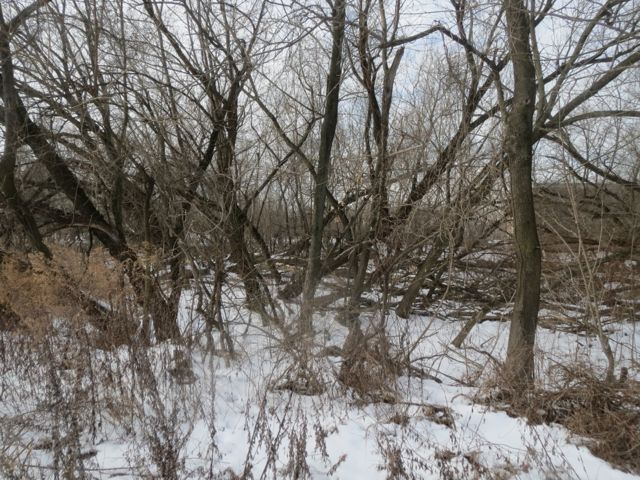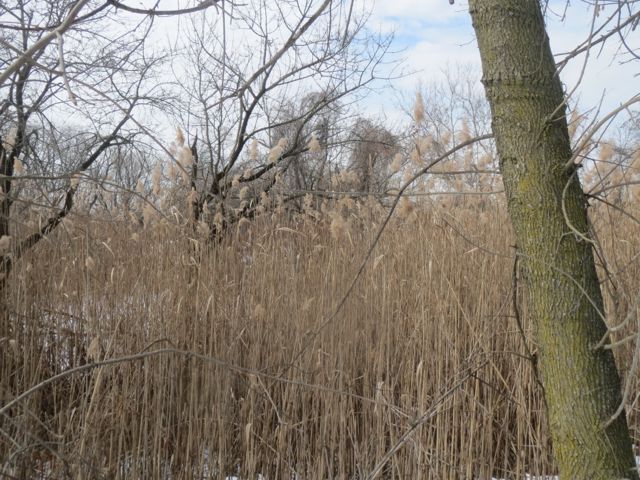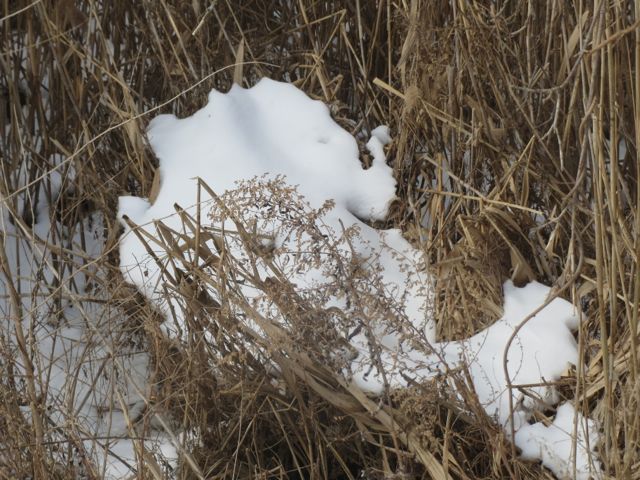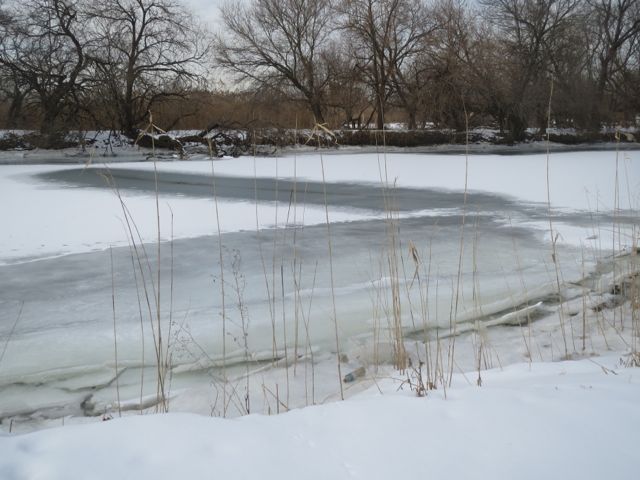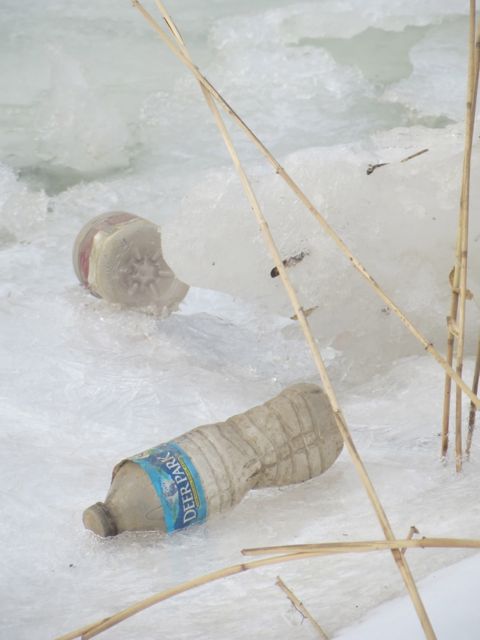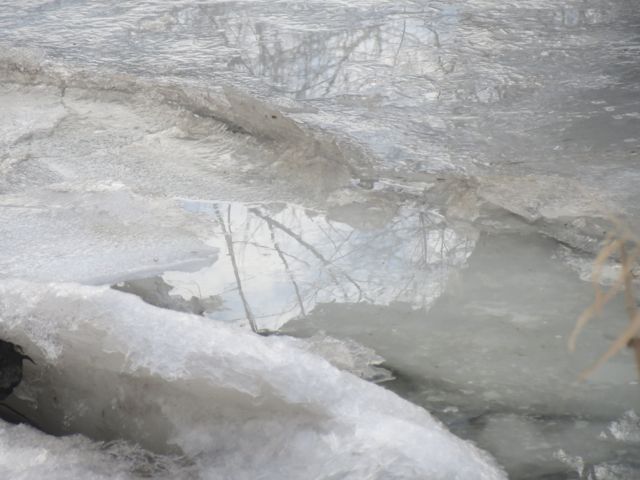Serendip is an independent site partnering with faculty at multiple colleges and universities around the world. Happy exploring!
Anne Dalke's blog

Dutch wax fabrics, conceived ecologically....
I have to admit it, I was seriously dragging my feet on Friday. There were TOO MANY OBSTACLES. I knew that the universe was telling us to GIVE UP. By 10 am, I was certainly ready to--and I kept telling Ava and David, for the next two hours, that they were trying too hard to make something happen...
and then I was so glad that they did! (I'm also glad, aphorisnt, that you did NOT swerve--who knows what might have happened then....?!?)
I was so surprised and delighted by the Shonibare exhibit, when we finally arrived @ the Barnes Foundation: I was grabbed first by the whimsy, by the color, and also as immediately by the complex representation of colonializing educational practices. Like others, I was particularly struck by history of the Dutch wax textiles, so I did a little more reading on The Curious History of "Tribal" Prints: How the Dutch peddle Indonesian-inspired designs to West Africa. What strikes me most in this account is how "ecological" it is--that is, how demonstrative that "everything is connected," not just biologically, but culturally and commercially (really? I think there's an Econ project lurking close to the surface here: see the web site for VLISCO, which offers free delivery to Africa....).
A few lines from the Slate article, which highlight these interconnections:

using the language of religion...?
one of my brother-in-law environmentalists, who monitors ClimateWireNet, forwarded me this news item. i share it with you as a contribution to our conversations about how to have these difficult conversations. how does the religious language of evil work in the context of discussion about climate change? (of course the Church of England is also thinking of using the language of economics, as it discusses pulling the church's investments out of fossil fuel companies...)
Church of England battles 'great demon of our day,' climate change (Friday, February 14, 2014)
The Church of England has threatened to terminate its investments in companies that aren't making efforts to mitigate climate change and thus disregard the church's moral, social and theological ideals.
Steven Croft, the bishop of Sheffield, referred to climate change as "a giant evil, a great demon of our day," adding: "Its power is fed by greed, blindness and complacency in the present generation, and we know that this giant wreaks havoc though the immense power of the weather systems, which are themselves unpredictable."
While the church's Ethical Investment Advisory Group has refused to pull the church's money from fossil fuel companies, its deputy chairman told the General Synod that it was contemplating "all options" in developing a future investment policy.

"the right to research"
and on a more philosophical note...
alice lesnick just shared w/ our "internationalizing women's education" group a really wonderful essay
about "the right to research" which is focused on the needs and rights of poor global communities, but
which i think also has tremendous resonance for women inside. sara, it might go on the reading list
for your independent study, and sasha it might also help you w/ that thesis proposal!

Preparing for 2/14/14
Attached find two drafts: for our lesson plan and homework handout.
By Thursday, please send suggested changes.
p.s. now I've removed the drafts, attached the edited versions.

Our Stories from the River's Side
Happy weekend!
When you all finish typing up your portion of the women's stories about home, please send them to me (by Thursday, not too late...). I'll combine them into a single document with consistent formatting, and Sara will print off copies for y'all to bring in on Friday.
Since all the stories won't have attributions, it's not clear how Jody will create the record, for her "certificate" book, of who has done this work.
Also, one of you suggested that we needed a google doc, so that we can do the second round in this process--make the requested corrections in the women's stories. I have been tearing my hair out for the past hour, creating one, but here it is:
https://docs.google.com/document/d/1MP67sgIs6VVfwV26xKMqZPRvI2LKY_kpSJ2Ri3uiXs0/edit
I've just "shared" it with you all, so you can make the corrections directly on that document, which is the one we'll hand out at the end of the semester.
Thanks in all directions. What a project it is, that we are engaged in here!
Til Monday,
A.

Homework Handout for RCF: 2/7/14
NEW HOMEWORK for 2/14/14 meeting of the Bryn Mawr Book Group
Read to p. 202 of The Glass Castle.
Write 3 pp. describing the kind of education you got outside of school.
This writing assignment steps off from our discussion about how Mom’s philosophy of schooling, in The Glass Castle, is like her philosophy of mothering: in both areas, she thought kids flourished best if they had no rules, no discipline, and lots of freedom….
We want you to think about the relationship between what you learned in school and what you learned outside of it. In giving you this assignment, we’re drawing on a book by Wendy Luttrell called Schoolsmart and Motherwise: Working-Class Women’s Identity and Schooling. It describes the difference between “book learning” and “commonsense knowledge,” and says that "real intelligence" can be attained outside school, from life experience.

Lesson Plan for RCF: 2/7/14
Lesson Plan for Riverside, 2/7/31
I. Sasha:
Welcome! We’ve brought two more students with us…
we want to introduce them. Some of you may be new, too,
and we want to learn your names.
--everyone have a name tag?
--anyone need a copy of The Glass Castle?
Take a moment to find one sentence in The Glass Castle that stood out to you.
Go around, say your name, and read that sentence. Don’t comment on it,

Too much "at-homeness"?
In The Ecological Thought, Timothy Morton argues that "Fixation on place impedes a truly ecological view," that "we want ecology to be about location, location, location. In particular, location must be local: it must feel like home; we must recognize it and think it in terms of the here and now, not the there and then" [but that] "ecological collectivity decisively can’t be rooted in 'place'....'my place in the sun' marks the beginning of all usurpation. 'Place' contains too much “at-homeness,” too much finality, for the ecological thought. Localism, nationalism, and immersion in the ideological bath of the lifeworld, won’t cut it anymore…We need collectivity, not community….it must be a collectivity of weakness, vulnerability, and incompletion."
What do you think? Post here a paragraph of your initial reactions to Morton’s idea, reflecting, from the p.o.v. of an environmentalist, on your own investments in and search for home. We’ll start class on Wednesday with these thoughts….PLEASE USE THE ECO-LITERACY TAG "English" on these postings.

ranking our happiness
Reading through the tasks David assigned for this week, I was intrigued by his mention of alternative measures of welfare, including Bhutan's Gross National Happiness Index. My brother-in-law, an environmental consultant in Portland, Oregon, was happy to point out that ideas like this get taken seriously in Oregon (did you know this, Lisa?). Another brother-in-law, a Maine environmentalist, called my attention to two other rankings of national happiness, apparently inspired by Bhutan's index, but using different criteria. The "domains" used in the U.N. study appear to be primarily the conventional economic ones; i.e. rich and ecologically wasteful countries rank high (U.S. 17th behind other developed countries), while the New Economics Foundation's Happy Planet Index gives more attention to ecology; e.g. how much happiness is currently achieved at the expense of future generations (U.S. ranks 114th; 9 of top 10 are Caribbean basin nations, with Costa Rica #1).

